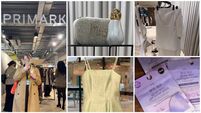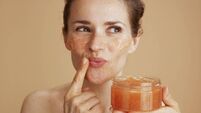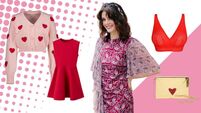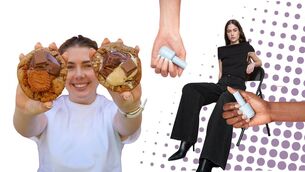What is double-cleansing and how to know if you need to do it when you wash your face
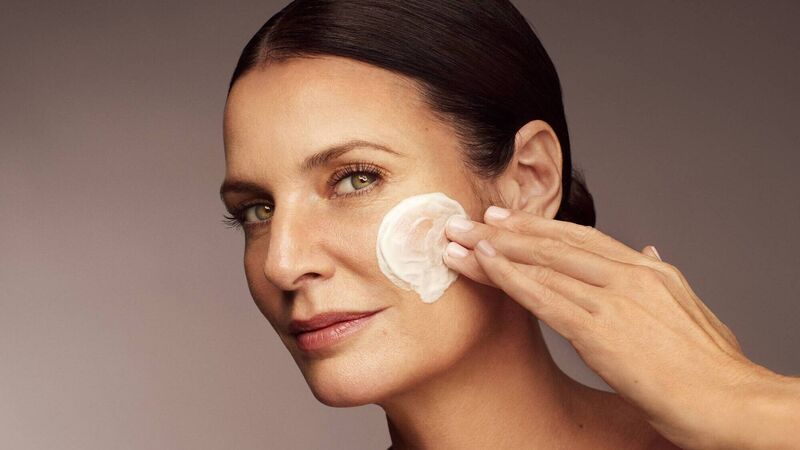
Is double-cleansing really necessary?
You’ve scrubbed every surface several times a day for years now, but should that repetition extend to double-cleansing? Do we really need two cleansers where one might do? Aren’t dermatologists always telling us to simplify routines? Plus, we’ve been 'single cleansing' since we learned to wash. Why has double-dipping emerged?




